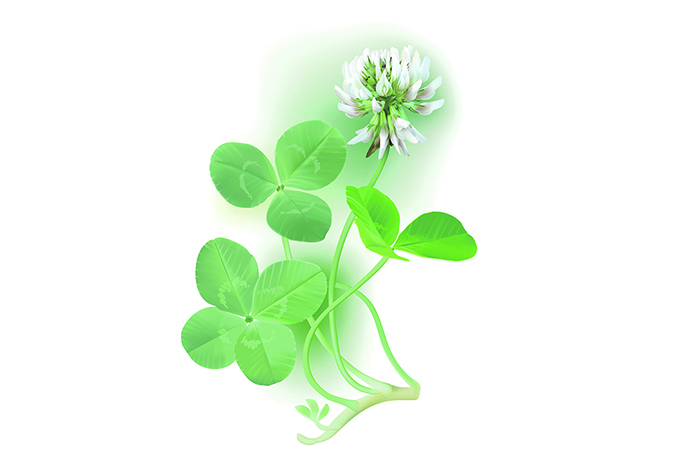If white clover’s resistance to pests is to be improved, new genetic material will need to be sourced from outside the current New Zealand cultivars, researchers say. That was the conclusion of a report by Pip Gerard, Colin Ferguson and Sarah van Amsterdam of AgResearch, presented to the Plant Protection Conference in Tauranga. The researchers say clovers, especially white clovers, are vulnerable to a diverse range of pests and do not compete well against ryegrasses that are protected by effective fungal endophytes which deter pests. There has been relatively little research into clover pest resilience but plant breeders recognise that pest resistance is critical to improve vigour and persistence of clover plants. Comparison between New Zealand and USA ecotypes showed that local adaptation of the plants is very important. “Success is likely to come through introducing new genetic material into the best locally-adapted cultivars,” the report says. Researchers set out to discover what pest resilience is already present in New Zealand’s clover cultivars. Following consultation with the main seed breeding companies and AgResearch clover breeders, 19 cultivars were selected for initial screening. These plants were grown outside in pots for seven months before testing at Ruakura and Invermay. The cultivars included both red and 10 white clovers. The leaves were exposed, in a laboratory environment, to adult clover root weevil, clover flea, grey slug and porina larvae. Freeze-dried foliage was also fed to leafroller. The results showed the two specialist clover feeders (clover root weevil and clover flea) had very similar clover species preference, but slugs ate everything. The results reflect the co-evolution of specialist pests and clovers, researchers say.



0 Comments
Leave a Comment